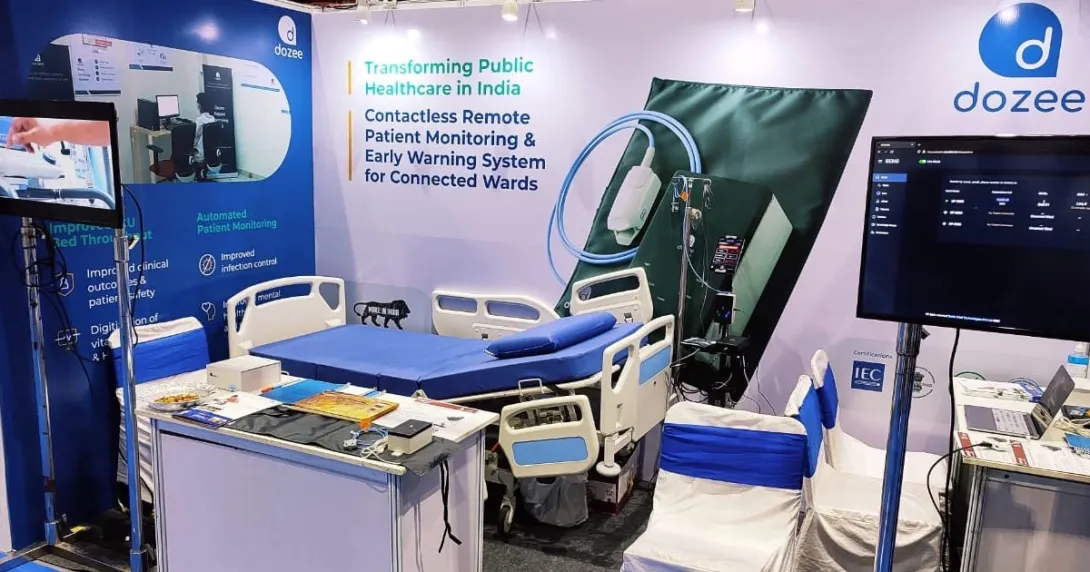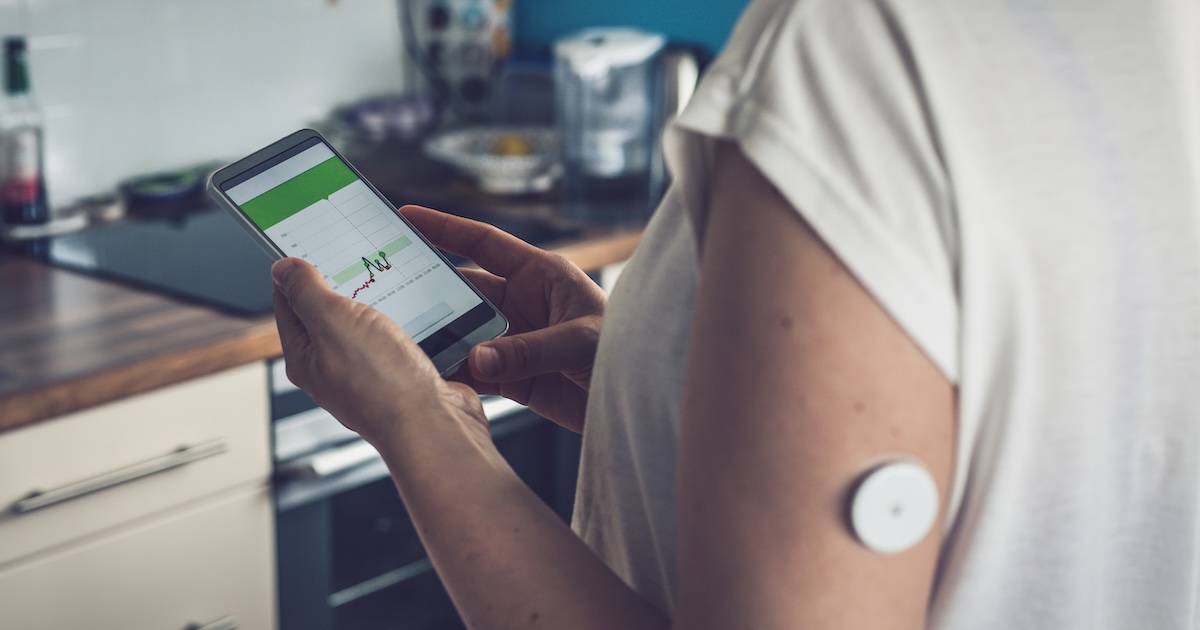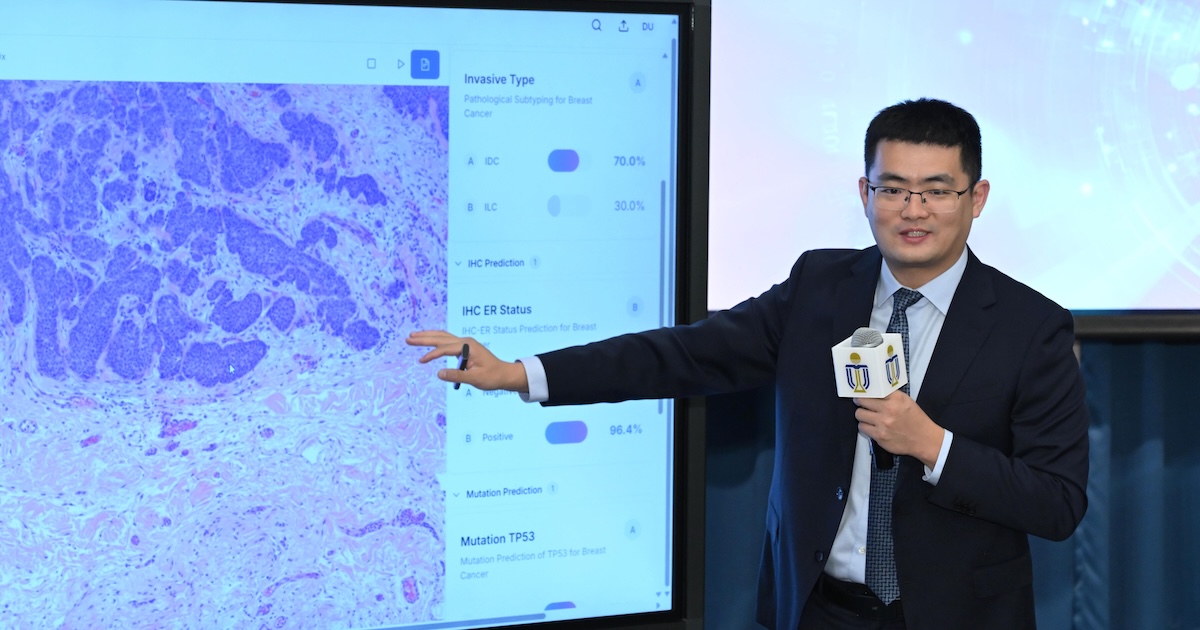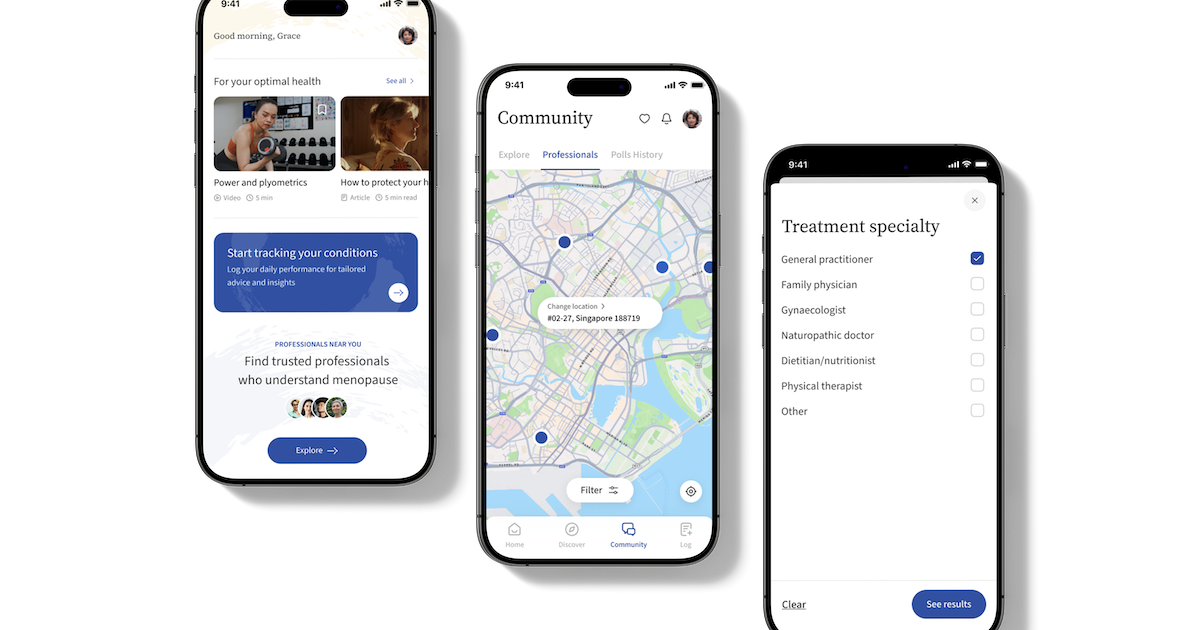
CE mark for Dozee's contactless AI vitals monitoring system
Indian medical device company Dozee has received a CE mark for its AI-powered remote patient monitoring (RPM) system.
The certification allows Dozee to market its product to over 30 countries in the European Economic Area. Its RPM and early warning system measures and monitors vital parameters such as heart rate, oxygen saturation, and temperature using contactless sensors and AI.
The CE marking came three years after it obtained major regulatory approval in the United States, the 510(k) clearance from the US Food and Drug Administration. Its solution has been adopted in more than 300 hospitals and care settings across India, the US, the Middle East, and Africa.
4 TB AI solutions from APAC among WHO recommendations
The World Health Organization (WHO) has recently released its policy statement on using computer-aided detection (CAD) software for tuberculosis screening.
The policy statement included findings from an independent evaluation of TB screening software solutions and their assessment.
According to the WHO, six products met its performance standards for using CAD to screen TB in people aged 15 and older, including four solutions developed in Asia-Pacific. These are DrAid for TB Screening by Hanoi-based VinBrain, Indian company DeepTek's Genki, qXR by Qure.ai, who is also from India, and South Korean AI provider Lunit's Insight CXR.
The other two solutions are CAD4TB by the Netherlands-based Delft Imaging and German company Infervision's InferRead DR Chest.
These solutions were able to fulfil two criteria of WHO's performance standards: a partial area under the curve within the 40%-60% range of at least 0.9 and a specificity at 90% sensitivity of at least 40%.
JLK signs major distribution deal with Japan's Marubeni
South Korean medical imaging AI provider JLK has partnered with Marubeni Corporation, one of Japan's biggest general trading companies.
It has signed one of its subsidiaries in healthcare, Clairvo Technologies, to distribute its AI-powered CT image analysis and brain imaging quantification solutions directly to Japanese hospitals.
The distribution deal came after it received its fourth approval from the Pharmaceuticals and Medical Devices Agency for one of its stroke screening AI software products in March.


